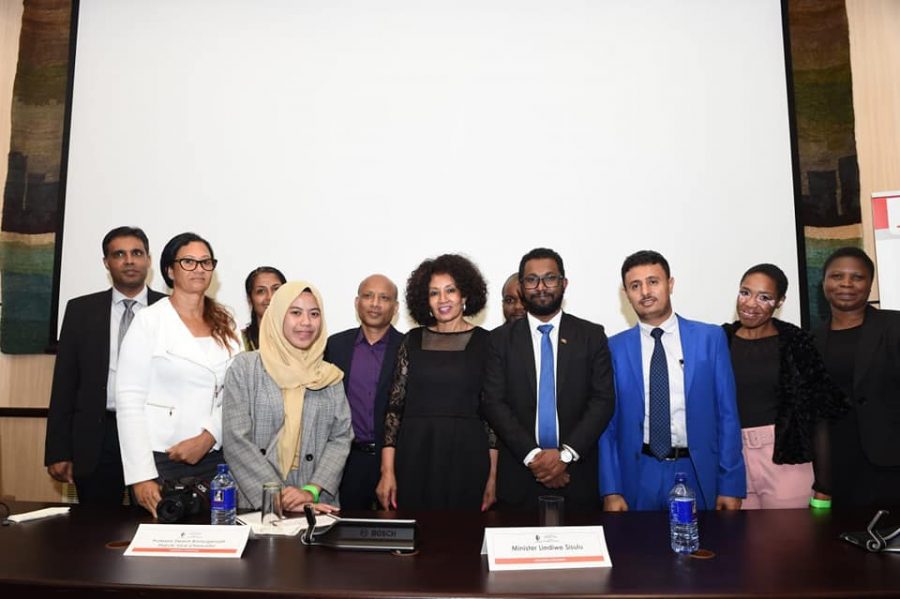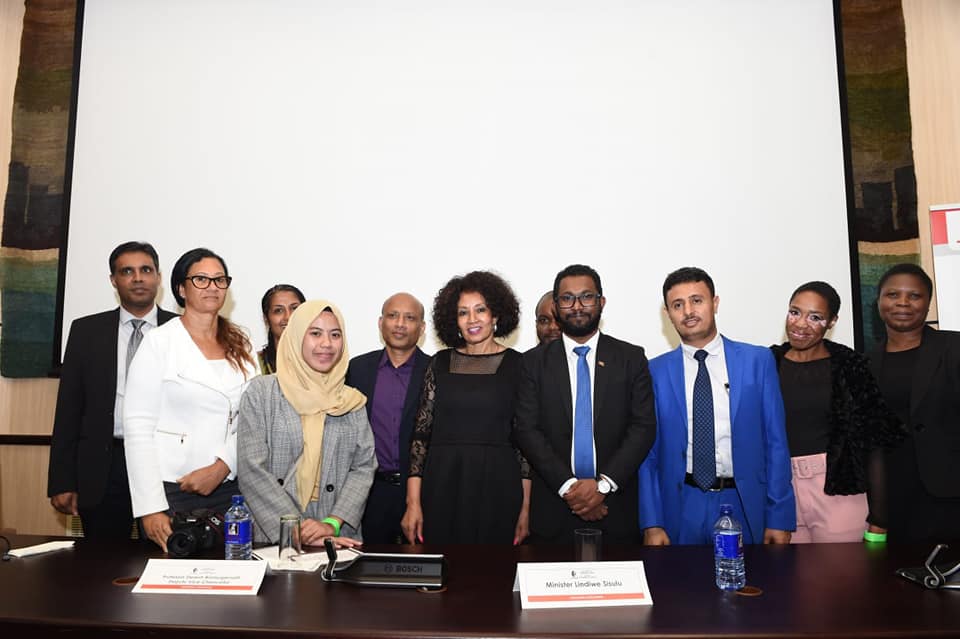
South Africa Reviews its Foreign Policy
The year 2019 marks South Africa’s silver jubilee and, as the young democracy marks this milestone, the Department of International Relations (DIRCO) has taken stock of the country’s foreign policy. To assess the country’s foreign policy, the department appointed an 11 member review panel, chaired by former Foreign Affairs Minister Aziz Pahad, a year ago. […]

The year 2019 marks South Africa’s silver jubilee and, as the young democracy marks this milestone, the Department of International Relations (DIRCO) has taken stock of the country’s foreign policy.

To assess the country’s foreign policy, the department appointed an 11 member review panel, chaired by former Foreign Affairs Minister Aziz Pahad, a year ago.
The task of the panel was to assess strengths and weaknesses of South Africa’s current foreign policy trajectory and advise, as appropriate, on interventions necessary for the country to make a contribution towards a world that is humane, just and equitable for all the people.
During the course of its work, the panel became sensitised to a broad acknowledgement that in the recent past, South Africa has not lived up to its earlier promise.
“The country has not sufficiently played the role it was expected to play or should have played in engaging a number of international issues.
“There is a general observation that there have been missteps which have reversed earlier gains that the country registered. As a result, strategic opportunities were missed resulting in a decline of South Africa’s influence regionally, continentally and globally,” the Panel said in its report released on Wednesday.
As part of charting a new path for South Africa’s foreign policy, the panel highlights the need to leverage technology to improve both efficiency and effectiveness.
“This is particularly because of the opportunities presented by the Fourth Industrial Revolution, and the need to ensure the continued relevance of foreign ministries and national coherence in an era where many national actors are involved in foreign policy,” said the panel.
In its review report, the panel reaffirmed South Africa’s support towards the prolonged Palestinian struggle against dispossession and the fragmentation of the State of Palestine.
Turning its focus to the continent, the panel said when South Africa assumes the chair of AU from 2020, the African Renaissance would be the driving force for South Africa’s chairship.
In particular, the strengthening of regional economic communities (Recs), the Pan African Parliament (PAP), PAWO and programmes such as Nepad and APRM should clearly be prioritised.
On economic diplomacy, the panel said the country is not using its economic potential and its inherent natural resources optimally.
“Consultations with foreign representatives in South Africa, revealed that there are a number of key pillars and initiatives that could be leveraged to make sure that South Africa can better use its resources,” said the panel.
The review report recommended that South African diplomats facilitate the promotion of spreading the message of what the country stands for through cultural work.
“Cultural workers are some of the best conveyors for such messages and DIRCO must fully integrate this work in all diplomatic activities,” the report reads.
Source: SAnews.gov.za
